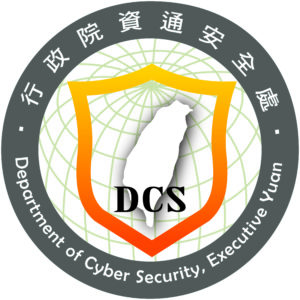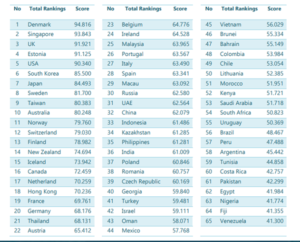 Technology Leadership and Policy in the Age of AI, Blockchain, Robotics and 5G
Technology Leadership and Policy in the Age of AI, Blockchain, Robotics and 5G
The 15th International Academy of CIO Annual Conference is being held April 2021 in Arlington, VA U.S.A. and is being held at a time of great technology related opportunity and risk. With AI, Blockchain and 5G, there is opportunity in new product and services and also new industries that bridge time and space and enable greater access and speed in fields as diverse as government, healthcare, transportation and manufacturing.
And there are risks including in the fields of cybersecurity and privacy and also digital divide.
As with previous International Academy of CIO annual conferences, the 15th Annual Conference will address the potential and challenge of new technologies and applications to major world challenges such ICT and natural disasters and major world trends including ageing society and urbanization.
For the 15th Annual Conference, we are inviting research and practitioner papers and innovations related to the conference theme of “Technology Leadership and Policy in the Age of AI, Blockchain and 5G” and encompassing:
• Challenges of ICT innovation, governance and capacity building
• Strengthening leadership and institutions
• Application of new technologies including blockchain and AI
• Associated policy and policy development
• Risks including security, privacy and digital divide.
About the International Academy of CIO (IAC): The IAC or International Academy of CIO was founded in 2006 in Japan by co-founders including Japan, USA, Indonesia, Philippines, Switzerland, and Thailand. The IAC members, partnerships, and alliances now span all regions with economies such as China, Cambodia, Netherlands, India, Korea, Laos, Hong Kong, Macao, Peru, Singapore, South Africa, Nigeria, Taiwan, United Kingdom, Vietnam, Italy, Russia, Kazakhstan, and Uzbekistan. The IAC has active participation from more than 50 countries and partners with NGOs and multilateral organizations including APEC, OECD and ITU.
The IAC promotes and facilitates CIO and IT Executive leadership education and education standards; government CIO and IT governance policies and institution building related to CIOs and CIO Councils; and application and innovation of ICT such as mobile, IoT and blockchain in areas including ICT and ageing society, smart cities, and ICT and natural disasters.
The IAC publishes the annual Waseda University – IAC Digital Government Rankings now in its 14th year and the Journal of CIO and Digital Innovation. The IAC also partners with IOS Press on a Global E-Governance book series. In education, the IAC accredits CIO master’s degree programs and provides CIO certificates to graduates as well as directly partnering on training through the Asia CIO University Network on topics including CIO and data science. The IAC hosts an annual conference and partners on conferences and workshops with governments and NGOs such as APECTEL, OECD and U.N. For more information, please go to: www.iacio.org.
About the International Academy of CIO Annual Conference: The IAC Annual Conference brings together government, private sector and academia participants to discuss and exchange ideas and best practices on ICT leadership and governance in light of rapidly changing technology. The conferences are research to practice oriented in that the talks and presentations include both strategy and practice talks and presentations by government leaders, private sector executives and NGO leaders as well as research related talks by academics.
In addition, the conferences focus on major world challenges and opportunities where ICT has the potential to contribute including the two topics of ageing society and natural disasters. The conferences are well attended by speakers and participants from around the world and are highlighted by active host government support and engagement.
Paper Topics and Important Dates:
Papers are invited that contribute to the conference sessions of:
• CIO and Digital Transformation of Economy
• Innovations in Digital Government
• Artificial Intelligence, Robotics and the Digital Future
• Cybersecurity
• Blockchain for Government
• E-Participation.
Submitted papers may refer to four dimensions of innovation, analyzed by clear data driven methods:
• Social and economic context innovations and issues: ageing society, urban transformation, healthcare system challenges, natural disasters, government’s role evolution, industry transformation, policy agendas, emerging business models, etc;
• Citizens’, patients’ and customers’ changing value drivers: empowerment, co-creation, online behavior and expectations, etc;
• Technology development and Management: challenges and ramifications of rapidly developing technologies such as robotics, autonomous vehicles and artificial intelligence and major challenges such as capacity building, cyber-security, big data.
• CIO new skills and roles: Government CIO, Business CIO, CIO core competences, innovative management.
Application Timelines:
Please submit to: Luca Buccoliero at: luca.buccoliero@unibocconi.it, Elena Bellio at: elena.bellio@unibocconi.it and J.P. Auffret at: jauffret@gmu.edu.
For more IAC Call for Papers Informatino, please go to: https://iacio.org/call-for-paper-open-now-for-14th-iac-annual-conference-sept-19-taipei/.
# # #

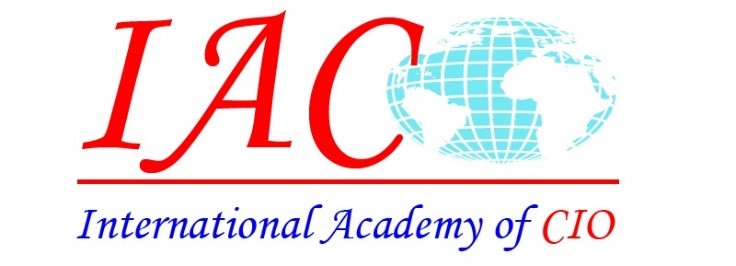
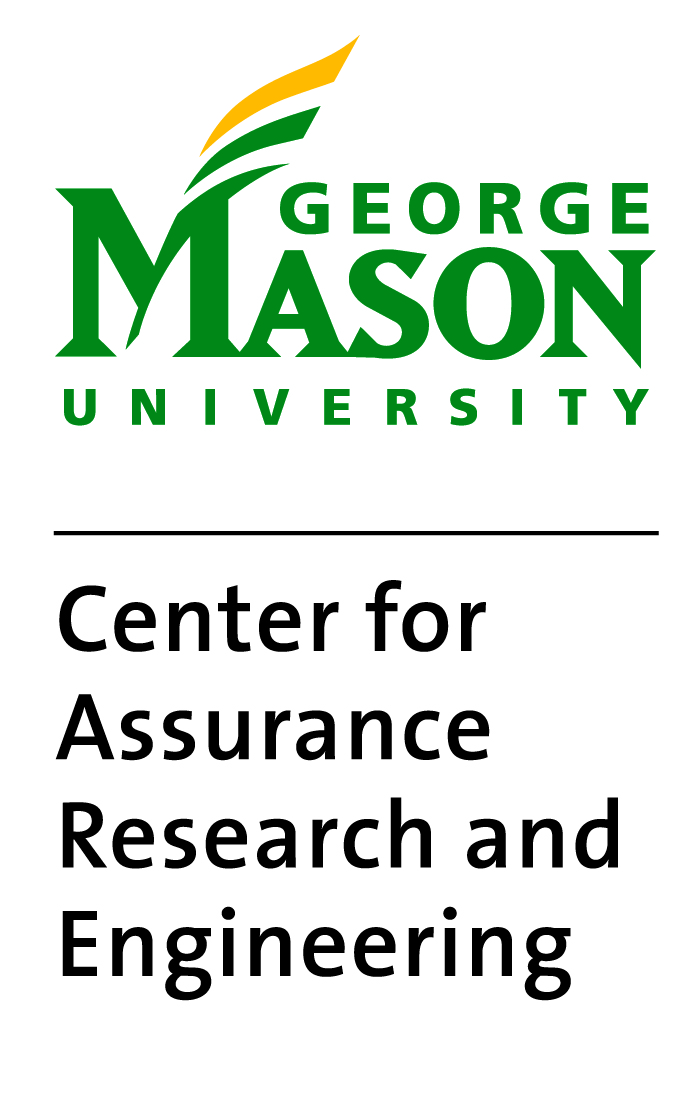



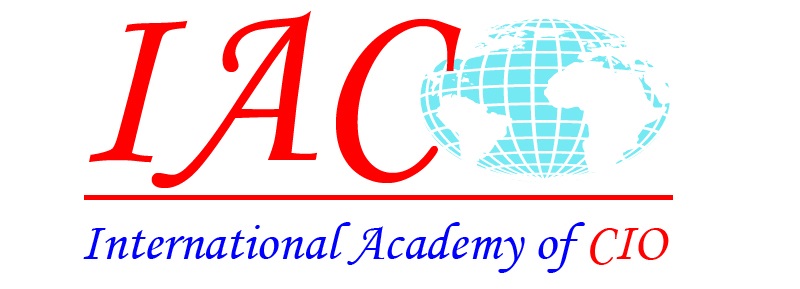
 As with previous International Academy of CIO (IAC) conferences, the Conference will address the potential and challenge of new technologies and applications to major world challenges such as ICT and natural disasters and major world trends including ageing society and urbanization. The IAC Conference continues to bring together government, private sector and academia participants to discuss and exchange ideas and best practices on ICT leadership and governance in light of rapidly changing technology.
As with previous International Academy of CIO (IAC) conferences, the Conference will address the potential and challenge of new technologies and applications to major world challenges such as ICT and natural disasters and major world trends including ageing society and urbanization. The IAC Conference continues to bring together government, private sector and academia participants to discuss and exchange ideas and best practices on ICT leadership and governance in light of rapidly changing technology.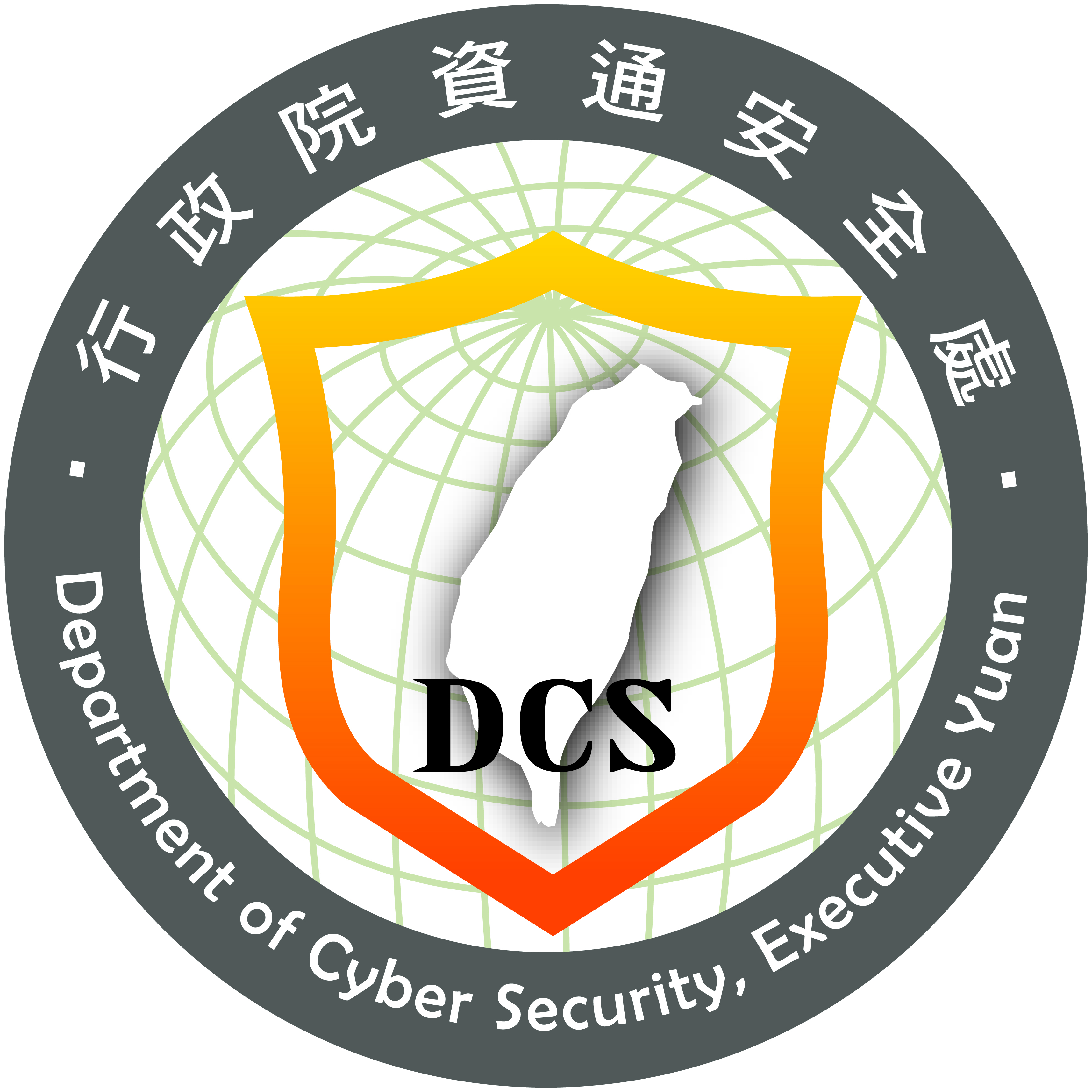
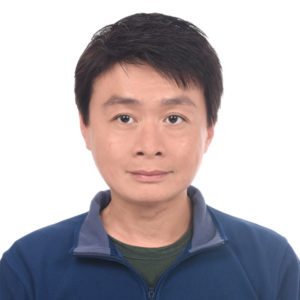 On January 1, 2019, Taiwan’s executive branch of government began implementing the Cyber Security Management Act which was enacted by the President on June 6, 2018 and passed by the Legislative Yuan in May 2018. Chih Ho Chou’s time at Mason will contribute to his work on this task force implementing the Act. He will also study, review, compare, and contrast U.S. and Taiwan strategies and approaches to cybersecurity governance related the Act which he must implement. In addition, he will research the cybersecurity strategy and laws in the U.S., and try to compare with Taiwan.
On January 1, 2019, Taiwan’s executive branch of government began implementing the Cyber Security Management Act which was enacted by the President on June 6, 2018 and passed by the Legislative Yuan in May 2018. Chih Ho Chou’s time at Mason will contribute to his work on this task force implementing the Act. He will also study, review, compare, and contrast U.S. and Taiwan strategies and approaches to cybersecurity governance related the Act which he must implement. In addition, he will research the cybersecurity strategy and laws in the U.S., and try to compare with Taiwan.